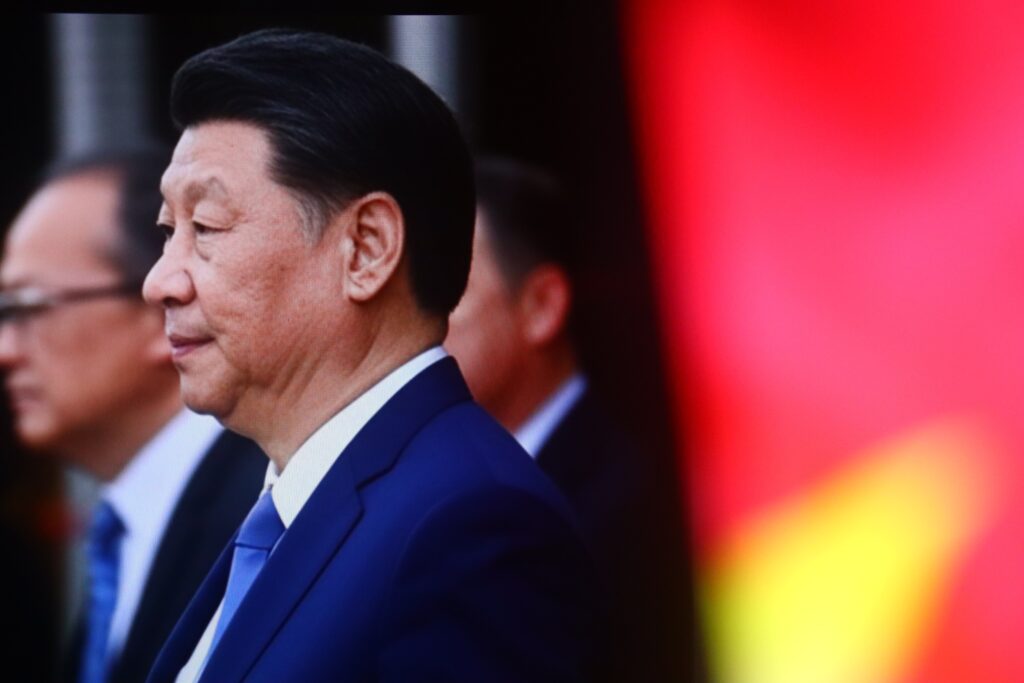Donald Trump announced on Friday that Chinese president Xi Jinping had agreed to approve a deal over TikTok, though he provided no details on the agreement or its timeline. Speaking in the Oval Office, Trump suggested that both leaders had signed off on a preliminary arrangement during a phone call earlier in the day—their first direct contact since June.
The deal, still lacking clarity, comes as Washington and Beijing remain locked in disputes over trade and technology. Trump said earlier this week that TikTok would be transferred to US control under a framework involving American investors, with Oracle among those in talks to take a significant stake. The move aims to reduce Chinese ownership in compliance with US law passed last year.
China struck a cautious but optimistic tone, describing the call as “pragmatic, positive, and constructive.” A government readout reaffirmed Beijing’s position that TikTok negotiations should follow market rules and comply with Chinese law while urging the US to provide a “fair and non-discriminatory” business environment for Chinese firms.
Trump, in a post on Truth Social, called the exchange “very productive,” citing progress not only on TikTok but also on trade, fentanyl control, and efforts to end the Russia-Ukraine war. He said he would meet Xi in South Korea at the Apec summit in late October and visit China early next year.
The negotiations unfolded this week in Madrid, where US Treasury secretary Scott Bessent and Chinese vice-premier He Lifeng met as part of broader trade talks. Both sides agreed to a temporary pause in the trade war, with a deadline for a final deal set for 10 November.
Meanwhile, US tech companies remain at the center of the conflict. China recently instructed its leading firms to stop purchasing semiconductors from Nvidia, even as the US bans exports of the company’s most advanced chips to China.
China, highlighting historical ties, reminded Washington that the two countries had once fought as allies in the second world war, stressing that US-China relations remain “the most important bilateral relationship in the world.”

